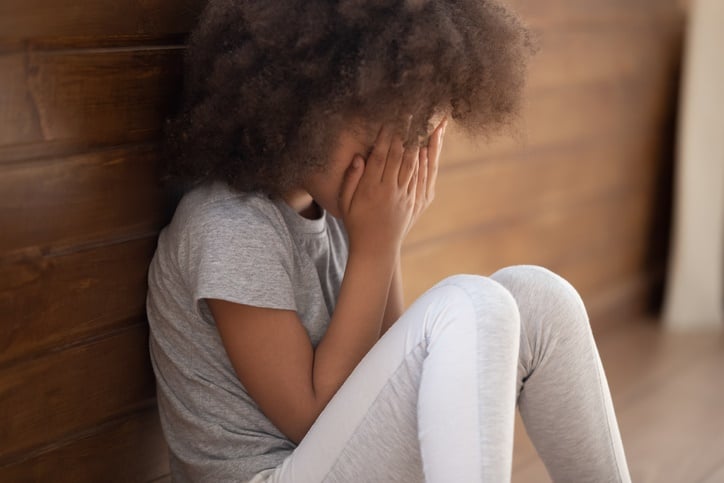
When talking bedwetting, research suggests that genetics has a lot to do with it.
A 2018 study by the Aarhus University in Denmark has found that bedwetting (also called nocturnal enuresis) is up to seven times higher among children with one parent who had the condition as a child, and about 11 times higher if both parents were bedwetters.
Dr Søren Rittig, the study’s co-lead researcher, says that while “there has been strong evidence suggesting a genetic background for bedwetting,” their research has pinpointed the “specific genetic variants” involved in the mechanics of bedwetting.
Concluding that these variants play out in the areas of the brain responsible for the regulation of day-night rhythms, urine production and sleep.
Given this evidence, Associate professor Jane Hvarregaard Christensen, the study’s co-author says that bedwetting may be more physiological than psychological.
- What you need to know if your child still wets the bed
- Six phrases to help your child’s emotional development
- Is your child struggling to make friends? Here’s how you can help them
My child is 12 and still wets the bed, should I be worried?
Dr Nico Lourens, a Pretoria-based urologist, believes the study’s findings to be helpful information for concerned parents, who with this new understanding can feel reassured that like them, their children will probably outgrow the condition.
However, Dr Lourens urges that interventions may be needed if bedwetting persists past a certain age.
“If a parent is concerned about their child wetting the bed frequently after age five, they should consult a urologist about various interventions, including lifestyle changes relating to liquid intake and sleep and in some cases, medication.”
He said that while up to 25% of children may wet their bed at age five, this drops to about 5% of twelve-year-olds and only 1% of those aged sixteen.
Indications of more serious conditions
In some cases, bedwetting may be a symptom of a more serious condition, advises Dr Lourens, particularly for:
- Children who wet themselves during the day, especially after previously achieving dryness,
- Bedwetting accompanied by recurrent urinary tract infections.
- Children who cross their legs to suppress the urge to pass urine.
Consulting with a urologist is highly recommended, but Dr Lourens believes that positive parenting also plays a massive role in tackling the sensitive issue.
“Parents should make sure their children know that bedwetting is not their fault, that they’re not behaving badly and that there are solutions.”
Is your child a bedwetter? What has proven helpful for them?
Chat back:
Share your story with Parent24. Anonymous contributions are welcome.
WhatsApp: Send messages and voicenotes to 066 010 0325
Email: Share your story with us via email at chatback @ parent24.com




 Publications
Publications
 Partners
Partners











